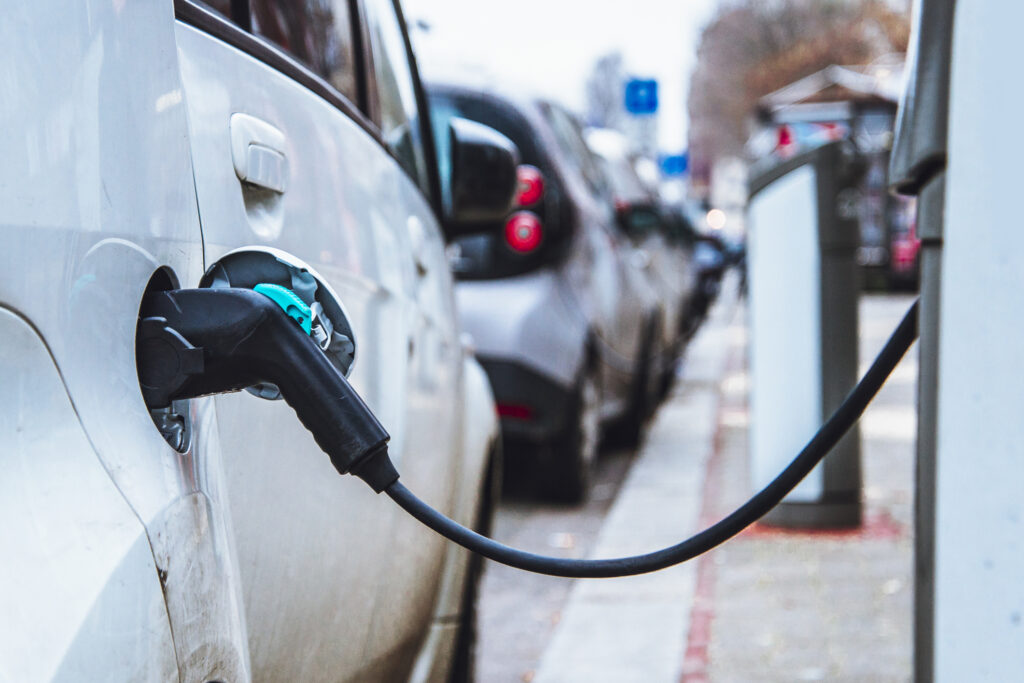As 2017 draws to a close, Clean Energy News looks back on what has been a considerably interesting year for the energy transition. In the first of a series of articles running this week, we recap the best stories of 2017, beginning today with January through March.
Perhaps the biggest story of the first quarter of 2017 was confirmation that Ofgem was minded to drastically cut embedded benefit payments by as much as 95%. The cuts, to be phased in between next year and 2020, are part of the regulator’s efforts to rebalance network costs and have been a long time coming, but that was not enough to spare Ofgem heavy criticism for the changes.
There was particular criticism for its decision not to grandfather in existing generators, with detractors arguing that this constituted a retroactive change in support.
But it stood to be a precursor for what was a year of change for Ofgem and indeed the entire energy regulatory system, more of which will be discussed throughout this week.
Another ever-present theme that ran throughout this year in energy news was the surging rise of electric vehicles and, more to the point, the UK government’s deep desire for the country to take a strategic lead in this market.
In February the government set out its plans for the future of EV charging infrastructure throughout the UK, including a wide-ranging standardisation of publicly-accessible charge points, requirements for chargers to be ‘smart’ to help balance the grid and provisions for minimum charging infrastructure on Britain’s motorways.
Those proposals were set to be introduced in the Modern Transport Bill at the earliest opportunity, however this was scrapped and replaced a by a secondary bill currently progressing through parliament.
Many eyes in the energy industry were as ever fixed to the Capacity Market auctions in early February. Demand side response (DSR) technologies proved particularly successful in the Early Auction, securing 209MW of capacity agreements for the period running from the start of winter 2017 to the start of winter in 2018.
Flexitricity were the big winners, securing nearly half (100MW) of those contracts, with British Gas, E.On UK and EDF also landing contracts to offset loads from its range of sites.
And there was good news for the Isle of Scilly which, thanks to Hitachi, looks set to receive a multi-million-pound smart grid project using renewables, battery storage and electric vehicles to help decarbonise and democratise the island’s energy supply.
The isle’s local authority plans to double its renewables capacity to just shy of 450kW using rooftop and ground-mount solar, while at least 1MW of battery storage is to be installed throughout households on the island.
The project was first unveiled in March this year and Hitachi opened its tender process last week, so we should see some movement on this in the coming months.
Tomorrow Clean Energy News will look at the top stories in clean energy April through June.





